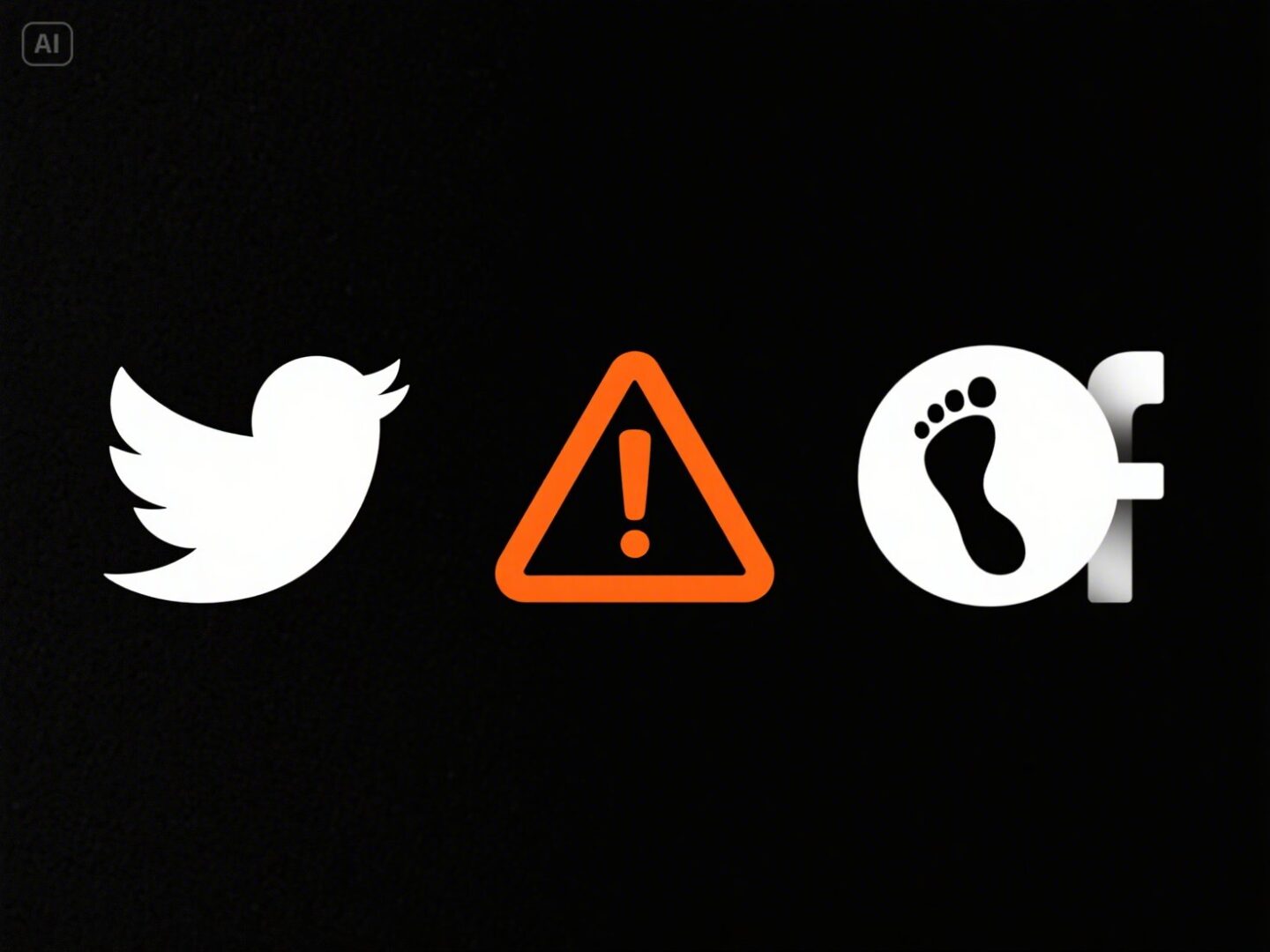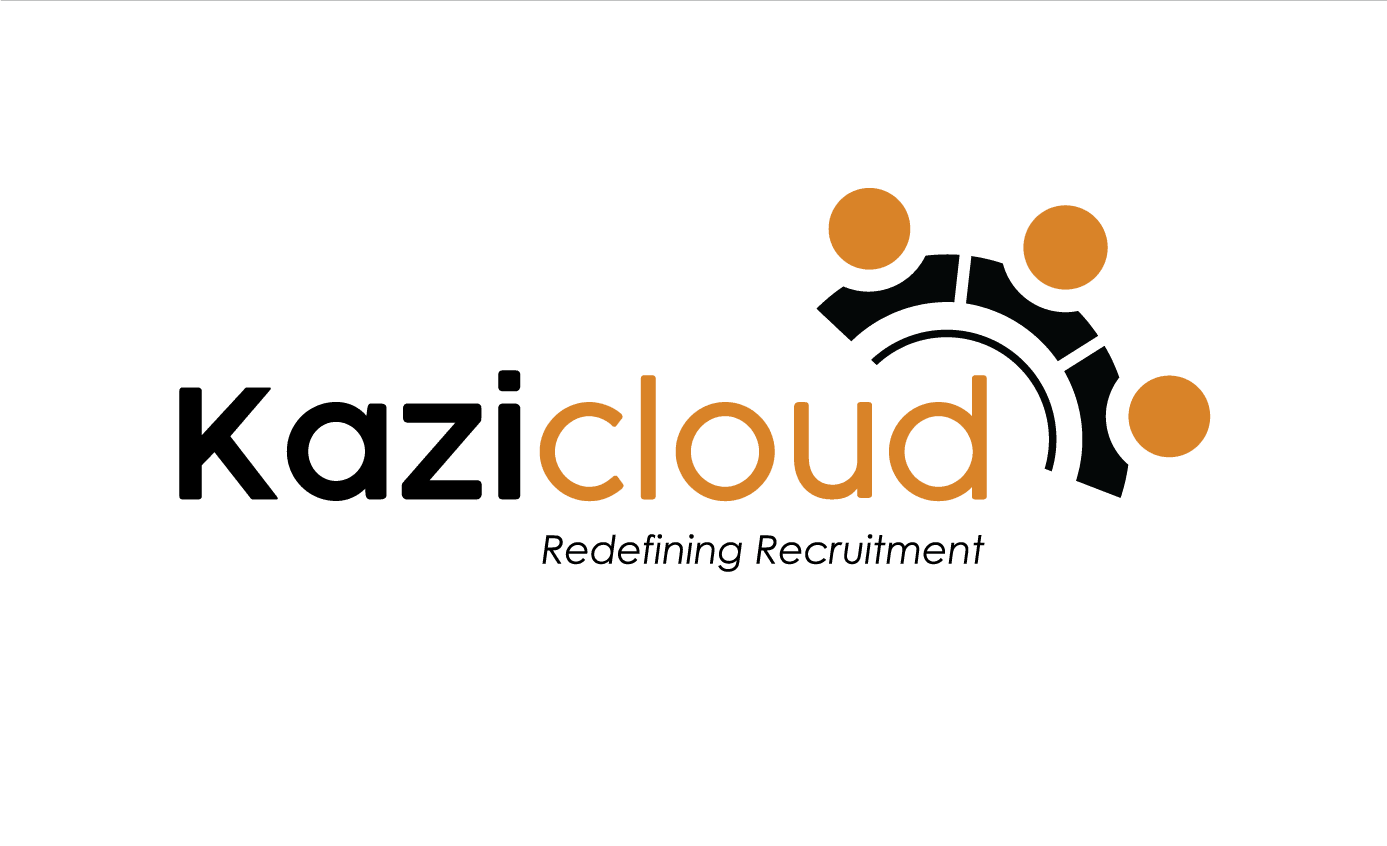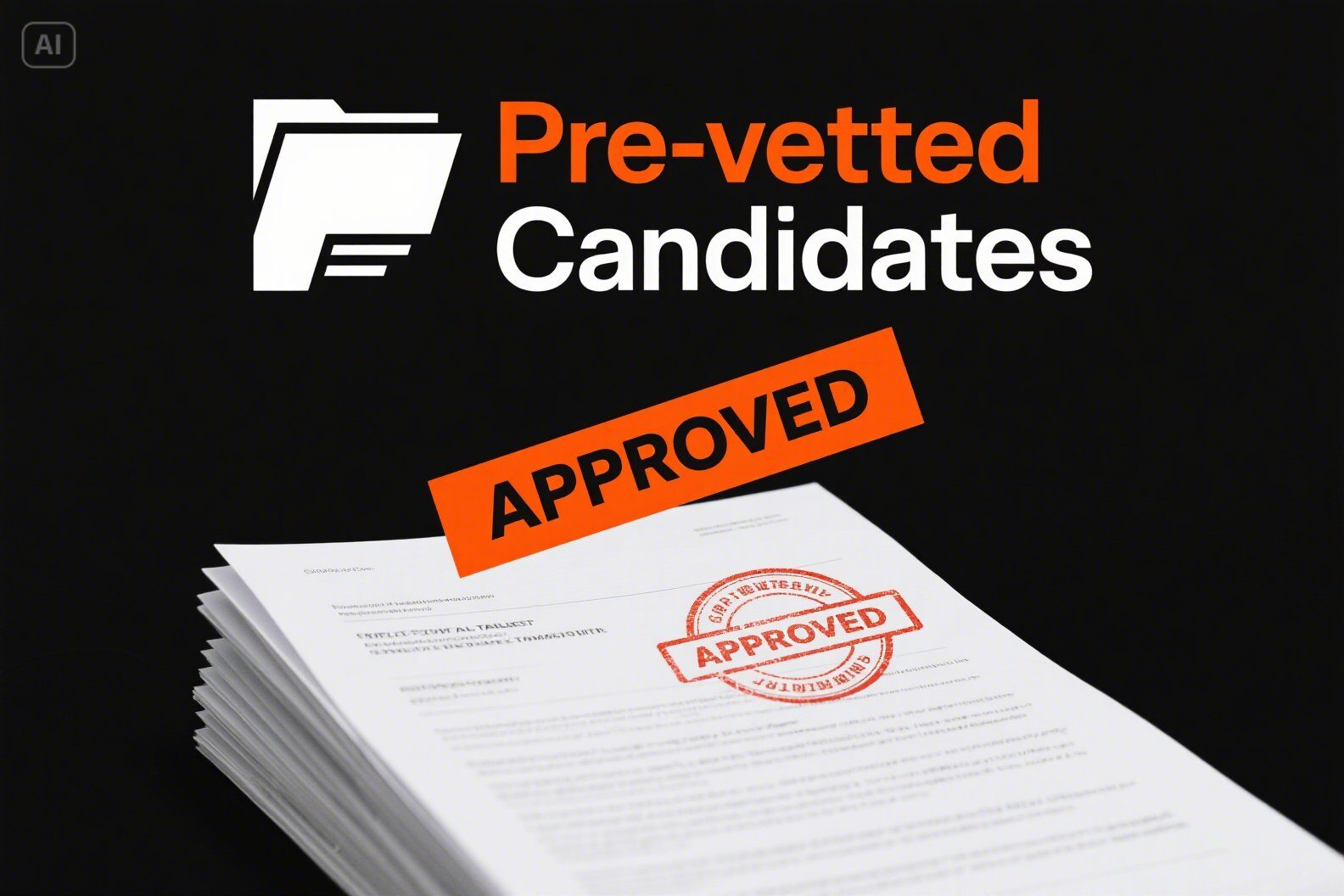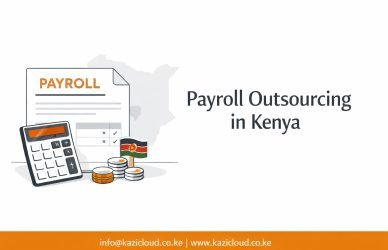Key Highlights
- When done correctly, a background check does more than confirm a criminal record it exposes the full picture of a candidate’s professional history, reliability, and potential risks.
- A CareerBuilder study revealed that 58% of hiring managers have caught a lie on a resume.
- One of the most overlooked risks is hiring someone with a history of workplace misconduct, harassment, violence, theft, or gross insubordination.
Why Background Checks Are a Must in Today’s Hiring Process
In a hiring market where time-to-fill and candidate experience are top priorities, many employers still overlook the hidden power of background checks. When done correctly, a background check does more than confirm a criminal record it exposes the full picture of a candidate’s professional history, reliability, and potential risks.
According to a 2023 survey by HR.com, over 96% of employers conduct some form of background screening, yet less than half go beyond the basics. That gap leaves organizations vulnerable to misrepresentation, liability, and poor hiring outcomes.
Quick Summary: What Can Background Checks Reveal?
Before diving deeper, here are just a few critical insights a comprehensive background check can uncover:
- False or exaggerated job titles and responsibilities
- Falsified degrees or professional certifications
- Gaps in employment history
- Criminal convictions or pending charges
- History of workplace misconduct
- Social media content misaligned with company values
- Poor credit history or financial red flags (for specific roles)
These aren’t just compliance checks, they’re business risk management tools.
1. Inflated CV’s: More Common Than You Think
A CareerBuilder study revealed that 58% of hiring managers have caught a lie on a resume. Candidates frequently inflate:
- Job titles to appear more senior
- Dates of employment to hide job-hopping
- Responsibilities to match job descriptions
Without background verification, these misrepresentations go unchecked, potentially leading to underqualified hires in critical roles.
Tip for Employers: Always verify job history with exact dates and cross-reference with references when possible.
2. Degree and Credential Fabrication
Educational qualifications are one of the most commonly falsified elements on a resume. With diploma mills and fake online certifications on the rise, it’s easier than ever for candidates to claim credentials they never earned.
In industries like healthcare, engineering, or finance, hiring someone without the necessary qualifications could lead to legal and reputational damage.
A 2022 SHRM report noted that 34% of organizations found discrepancies in educational claims during background checks.
3. Criminal Records: It’s Not Just About Felonies
Most employers are aware of the need to check for criminal backgrounds. But too often, checks are limited to national databases or limited jurisdictions.
Comprehensive criminal background checks can reveal:
- Crime or misdemeanor convictions
- Ongoing investigations or pending charges
- Sex offender registry status
- Arrest records (based on legal jurisdiction)
Important Consideration: Not every record is disqualifying, but patterns of behavior or job-relevant offenses should be weighed seriously.
Tip: Customize the scope of your checks to fit the role—for example, run deeper screenings for finance or data-sensitive positions.
4. The Hidden Costs of Workplace Misconduct
One of the most overlooked risks is hiring someone with a history of workplace misconduct, harassment, violence, theft, or gross insubordination. These issues are rarely listed in reference letters, but may come up through:
- Civil court record checks
- Exit interview notes (with permission)
- Social media or public platform reviews
Prevention starts with thorough background screening.
5. Employment Gaps That Weren’t Disclosed
It’s common for candidates to smooth over gaps in their employment timeline. While gaps aren’t always a red flag, how a candidate explains them matters.
Background checks help you:
- Confirm actual dates of employment
- Spot potential gaps covered up by inflated dates
- Ask informed follow-up questions during interviews
Tip: Ask candidates to account for any gaps over 90 days. Watch for vague answers or deflections.
6. Social Media Screening: Reputation at Risk

A study by CareerBuilder found that 70% of employers screen candidates’ social media as part of the hiring process. Why? Because what someone posts online can reflect:
- Cultural misalignment
- Discriminatory views
- Excessive negativity or aggression
- Drug or alcohol abuse
One major retail brand rescinded a C-level offer after discovering racist posts on the candidate’s Twitter feed from years prior.
7. Financial and Credit Checks for Key Roles
For roles involving money management, sensitive data, or fiduciary responsibility, credit checks can be a critical part of the background screening process. These checks may reveal:
- Bankruptcy filings
- Court judgments
- Excessive personal debt
A poor financial history isn’t always a deal breaker, but it may indicate risk for fraud or embezzlement especially in positions with financial access.
Be sure to follow the Fair Credit Checks when conducting financial checks, and only use them where job-relevant.
8. References Aren’t Always Enough
Many hiring teams rely heavily on professional references. But references are often chosen by candidates and rarely disclose the full truth.
Background checks fill the gaps, especially when:
- References are vague or overly positive
- Employment records show terminations or performance issues
- You’re hiring for a leadership or public-facing role
Tip: Use references to validate cultural fit, not just performance.
9. The Interview Illusion
Interviews measure communication skills, not character or integrity. Some candidates are incredibly polished in interviews but carry serious red flags.
Background checks reveal:
- Consistency between what was said and what is verifiable
- Truthfulness about past roles or legal issues
- Whether the candidate’s values align with your organizational culture
According to a Harvard Business Review study, bad hires can cost up to 30% of the employee’s first-year earnings.
Final Thoughts: Background Checks Are Risk Insurance
In today’s talent market, background checks are no longer optional. They’re an essential safeguard that ensures you’re hiring people who are honest, qualified, and aligned with your values.
Every bad hire is a potential lawsuit, a culture breaker, or a brand risk. Why take that chance?
We Screen So You Don’t Have To
We know what’s at stake. That’s why every candidate we represent undergoes a rigorous background screening process that includes:
- Employment and education verification
- Criminal background checks across multiple jurisdictions
- Credential validation
- Social media conduct review
- Optional credit checks for sensitive roles
We don’t cut corners, and neither should you.
Hire With Confidence. Hire Vetted Talent.
Looking to reduce hiring risk, streamline your onboarding, and ensure your next hire is the real deal?
Partner with us to access top-tier talent that’s already been fully vetted.
Let’s talk about your hiring goals: Contact Us
📚 Frequently Asked Questions About Background Checks
Q: Are background checks legal in all states?
Yes, but laws vary. Always follow FCRA guidelines and state-specific rules about what can and cannot be reported.
Q: Can candidates dispute a background check result?
Absolutely. Candidates have the right to dispute inaccurate or incomplete information under federal law.
Q: Do background checks delay the hiring process?
Not with the right partner. Most checks are completed within 48-72 hours.






